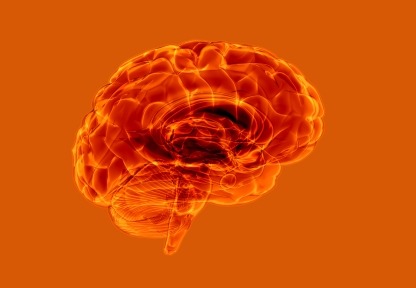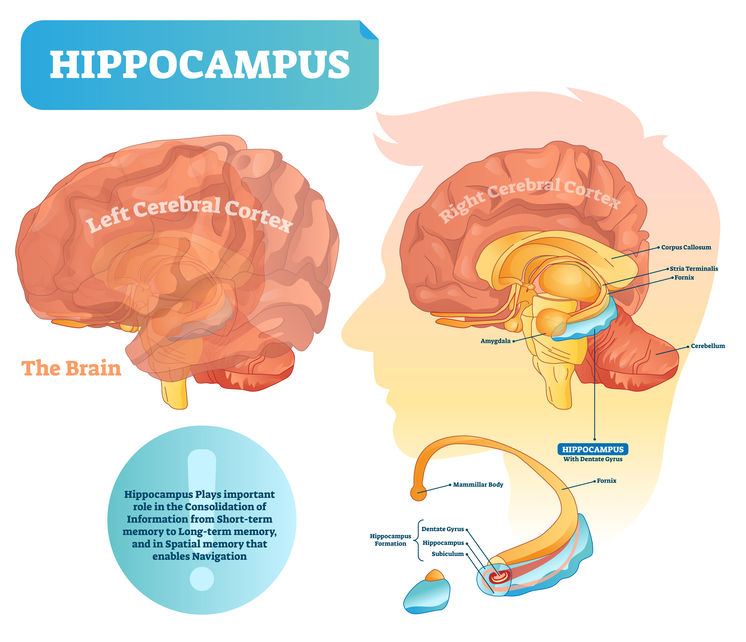
The role of chronic inflammation in degenerative diseases associated with aging is considered to be a primary vector for the progression of neurodegenerative disorders and a powerful factor that underlies their etiology.
One needs only to look at the leading causes of mortality—heart disease and stroke, and the research models of inflammation that clearly link the pathogenesis of these disease processes in aging individuals to understand that inflammation and chronic degenerative disease are inseparable.
Since inflammation is central to aging-associated disease processes, it has been heavily investigated in models of neurodegeneration. In Alzheimer’s disease, several studies have sought to clarify whether inflammation is a causative stimulus, or a concomitant feature of the disease process. (more…)

The region of the brain that is most severely affected in Alzheimer’s disease is the hippocampus.
The hippocampus and adjacent structures (hippocampal formation) in the medial temporal lobe of the brain is responsible for turning information we gather from our experiences and environment into memory and learning retention that can be retrieved from the neural networks they are wired into.

As the hippocampus shrinks from the disease processes associated with Alzheimer’s disease, the ability to make new memories vital to everyday tasks are lost. Information processing and memory retention in the hippocampus is dependent on new brain cells (neurons) growing and establishing new connections.
Recent research now reveals that exposures to lead can alter the normal development of newly born neurons (neurogenesis) in this part of the brain vital to learning and memory formation. For more on neurogenesis, please read my article: “Brain-Derived Neurotrophic Factor—Growth Factors in Neurogenesis and the Protection Against Alzheimer’s Disease Progression“. (1) (more…)









